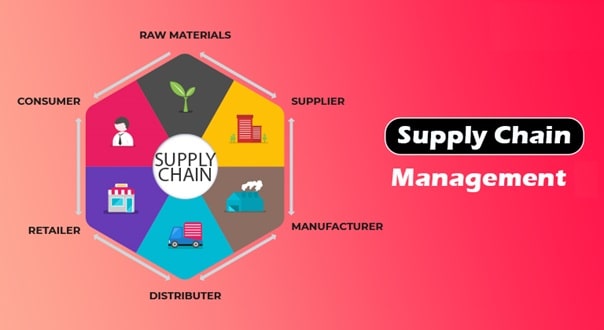In the dynamic landscape of global commerce, future-proofing your supply chain is crucial to maintaining competitiveness and resilience. As businesses navigate through technological advancements, environmental challenges, and shifting consumer expectations, staying ahead requires a proactive approach. Here are some essential trends to monitor and integrate into your supply chain strategy.
1. Digital Transformation and Automation
The integration of digital technologies is transforming supply chain management. Automation, artificial intelligence (AI), and machine learning are optimizing operations, cutting costs, and boosting efficiency. From automated warehouses and inventory management systems to predictive analytics for demand forecasting, digital transformation empowers real-time decision-making and agile responses to market fluctuations. Incorporating trends such as those seen at Shiply USA can provide valuable insights and strategies for enhancing your supply chain management.
2. Sustainability and Green Practices
Consumers and regulatory bodies are increasingly demanding eco-friendly practices throughout the supply chain. Companies are adopting sustainable sourcing methods, reducing carbon footprints, and implementing circular economy principles. This trend not only meets regulatory requirements but also appeals to environmentally conscious consumers, enhancing brand reputation and reducing long-term operational risks.
3. Supply Chain Resilience and Risk Management
Recent global disruptions have underscored the importance of building resilient supply chains. Companies are diversifying suppliers, adopting dual-sourcing strategies, and leveraging technology for supply chain visibility. Risk management techniques, including scenario planning and business continuity plans, help mitigate disruptions caused by natural disasters, geopolitical tensions, or unexpected market shifts.

4. Agile and Flexible Operations
Agility is paramount in today’s volatile market conditions. Flexible manufacturing processes, just-in-time inventory management, and agile supply chain networks allow companies to respond swiftly to changing consumer demands and market dynamics. Leveraging data analytics and IoT devices enables proactive decision-making and optimization across the supply chain ecosystem.
5. E-commerce Expansion and Omnichannel Logistics
The rapid growth of e-commerce has transformed customer expectations for faster, more convenient deliveries. Supply chains are adapting with integrated omnichannel strategies that unify online and offline retail channels. This entails robust logistics networks, efficient last-mile delivery solutions, and seamless order fulfillment processes to enhance customer satisfaction and loyalty.
6. Blockchain for Transparency and Traceability
Blockchain technology is revolutionizing supply chain transparency by providing immutable records of transactions and product movements. From traceability in food supply chains to combating counterfeit products, blockchain enhances visibility and trust across the supply chain. It ensures compliance with regulatory standards and enables ethical sourcing practices, appealing to conscientious consumers.
7. Talent Development and Supply Chain Digitization
As supply chains become increasingly digitized, there’s a growing demand for skilled professionals who are adept at leveraging technology and data analytics. Companies are investing in talent development programs to cultivate expertise in supply chain management, cybersecurity, and digital transformation. Upskilling employees ensures organizations remain competitive in a digitally driven marketplace.
Embracing the Future
To future-proof your supply chain, embracing these trends is essential. Each trend presents unique opportunities to enhance efficiency, sustainability, and resilience within your operations. By integrating digital technologies, prioritizing sustainability initiatives, and fostering agility, businesses can navigate uncertainties and capitalize on emerging opportunities in the global marketplace.
As you strategize for the future, remember that adaptability and innovation are key. Continuously monitor industry trends, leverage advanced technologies, and collaborate with industry peers to stay ahead of the curve. By proactively addressing challenges and seizing opportunities, your supply chain can evolve into a robust, future-ready engine that drives your business forward in the years to come.

Meet Suhas Harshe, a financial advisor committed to assisting people and businesses in confidently understanding and managing the complexities of the financial world. Suhas has shared his knowledge on various topics like business, investment strategies, optimizing taxes, and promoting financial well-being through articles in InvestmentDose.com


